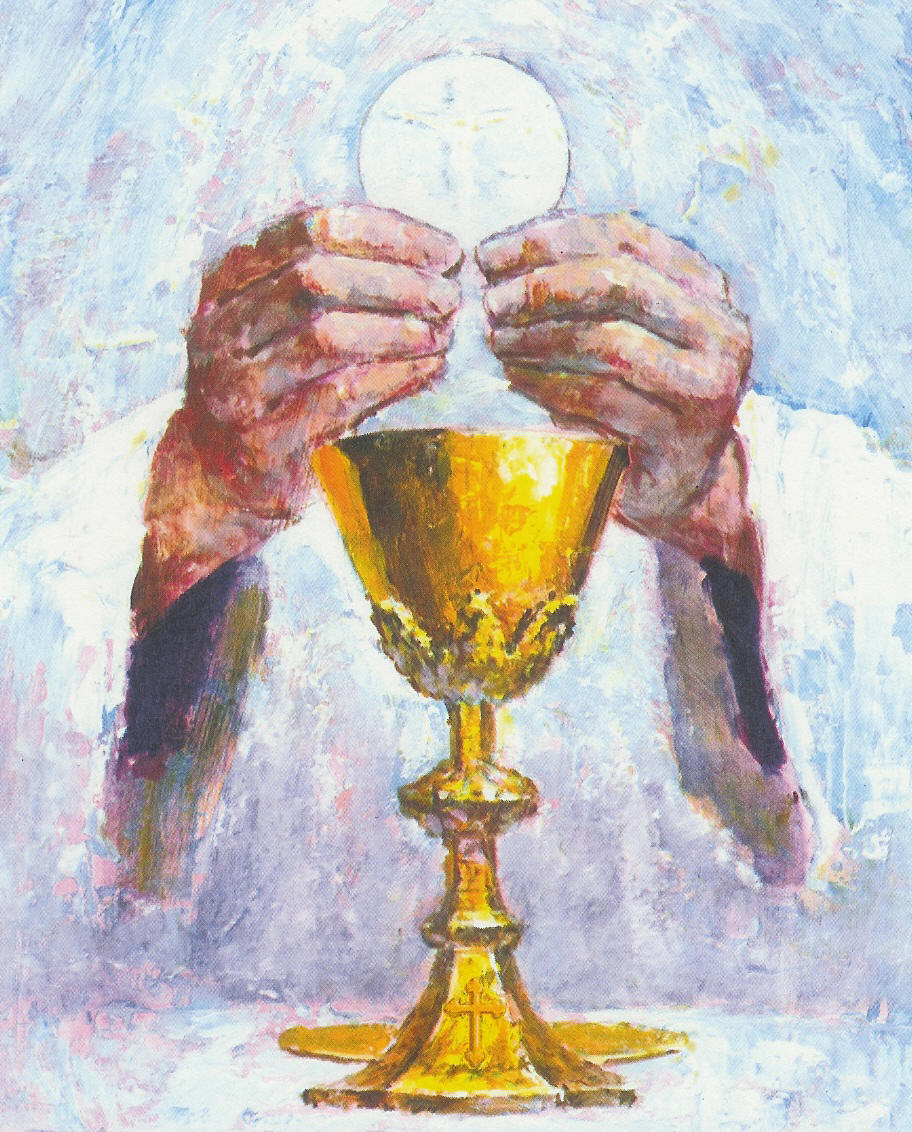Vampires in literature are almost always about something other than the blood-sucking monster. In literature, an alluring, mysterious and dangerous character that survives by stealing the life of the innocent by corruption, whether they are a literally a vampire or not, is symbolically a vampire. "But it's also about things other than literal vampirism: selfishness, exploitation, a refusal to respect the autonomy of other people, just for starters," (Foster 16). The first thing that came into my mind when I read that was the father and mother of Gregor Samsa in The Metamorphosis by Franz Kafka. The parents ultimately sucked the life out of their son, Gregor, by forcing him to work off their debt while they live a lavish lifestyle. Thomas Foster wrote another sentence that related a lot the vampirish parents in Kafka's novella. "He wakes up in the morning- actually the evening, now that I think about it- and says something like, "In order to remain undead, I must steal the life force of someone whose fate matters less to me than my own,"" (Foster 21). That is how I picture the thought process and motive of the father. He must take Gregor's life away from him so he can alive. The father did that to his wife, then Gregor, and will soon suck the life out of his daughter, Grete. These two readings about the acts of communion and vampires by Thomas C. Foster were actually very fun to read and it's connections to The Metamorphosis are really interesting and have became very apparent.
Monday, April 14, 2014
Communion and Vampires
In the book, "How to Read Literature Like a Professor," Thomas C. Foster uses the theme to inform the readers that communion is a way of sharing more than just a meal, but life experiences. Because the act of eating together is so significant, whenever people eat or drink together, it is communion. Sharing meals is in a sense a ritual and can allow people to see similarities between others and ourselves in order to change relationships. A successful meal indicates the improvement and strengthening of relationships while a failed meal stands as a foreshadowing for events to come. "If a well-run meal or snack portends good things for community and understanding, then the failed meal stands as a bad sign," (Foster 11). However, everyone will die and everyone has death in common, therefore having communion becomes a celebration of life before death. "The thing we share is our death. Everyone in that room from old and frail Aunt Julia to the youngest music student, will die. Not tonight, but someday," (Foster 14). In literature, a meal scene signifies people coming together. The characters could be becoming friends, they could over come hang-ups or come together as a whole.
Vampires in literature are almost always about something other than the blood-sucking monster. In literature, an alluring, mysterious and dangerous character that survives by stealing the life of the innocent by corruption, whether they are a literally a vampire or not, is symbolically a vampire. "But it's also about things other than literal vampirism: selfishness, exploitation, a refusal to respect the autonomy of other people, just for starters," (Foster 16). The first thing that came into my mind when I read that was the father and mother of Gregor Samsa in The Metamorphosis by Franz Kafka. The parents ultimately sucked the life out of their son, Gregor, by forcing him to work off their debt while they live a lavish lifestyle. Thomas Foster wrote another sentence that related a lot the vampirish parents in Kafka's novella. "He wakes up in the morning- actually the evening, now that I think about it- and says something like, "In order to remain undead, I must steal the life force of someone whose fate matters less to me than my own,"" (Foster 21). That is how I picture the thought process and motive of the father. He must take Gregor's life away from him so he can alive. The father did that to his wife, then Gregor, and will soon suck the life out of his daughter, Grete. These two readings about the acts of communion and vampires by Thomas C. Foster were actually very fun to read and it's connections to The Metamorphosis are really interesting and have became very apparent.
Vampires in literature are almost always about something other than the blood-sucking monster. In literature, an alluring, mysterious and dangerous character that survives by stealing the life of the innocent by corruption, whether they are a literally a vampire or not, is symbolically a vampire. "But it's also about things other than literal vampirism: selfishness, exploitation, a refusal to respect the autonomy of other people, just for starters," (Foster 16). The first thing that came into my mind when I read that was the father and mother of Gregor Samsa in The Metamorphosis by Franz Kafka. The parents ultimately sucked the life out of their son, Gregor, by forcing him to work off their debt while they live a lavish lifestyle. Thomas Foster wrote another sentence that related a lot the vampirish parents in Kafka's novella. "He wakes up in the morning- actually the evening, now that I think about it- and says something like, "In order to remain undead, I must steal the life force of someone whose fate matters less to me than my own,"" (Foster 21). That is how I picture the thought process and motive of the father. He must take Gregor's life away from him so he can alive. The father did that to his wife, then Gregor, and will soon suck the life out of his daughter, Grete. These two readings about the acts of communion and vampires by Thomas C. Foster were actually very fun to read and it's connections to The Metamorphosis are really interesting and have became very apparent.
Subscribe to:
Post Comments (Atom)



No comments:
Post a Comment